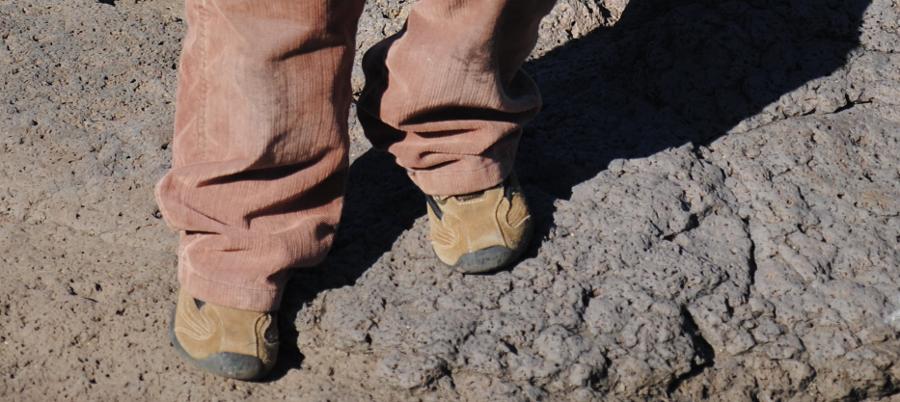 Obsessive Compulsive Disorder – OCD – what do you think of when you hear those words?
Obsessive Compulsive Disorder – OCD – what do you think of when you hear those words?
Do you imagine someone repetitively washing their hands? Do you imagine a person carefully dodging cracks and seams in pavement? Perhaps you picture someone in their home with everything perfectly symmetrically arranged and perfectly tidy.
While all of the above are examples of what a person with Obsessive Compulsive Disorder might experience, there are vastly more, and often subtle, ways the condition can present.
OCD is the fourth most common mental health disorder – more common than Bipolar Affective Disorder, and estimated to affect about 2% of people in their lifetime.
To an outside observer, the rituals performed by a sufferer of OCD can seem not just excessive, but bizarre and illogical. However, there is a certain logic which drives the repetitive behaviour (even though the sufferer usually realises it is flawed logic). Obsessive compulsive disorder is not, fundamentally, a disorder of repetitive behaviour, “fussiness” or “pickyness”: it is a condition where certain actions are done repetitively to try to prevent some feared outcome.
For example, repetitive handwashing might be done to try to eliminate the risk of becoming sick from germs; or repetitive checking of locks to eliminate the risk of a violent break-in.
Perhaps you know the rhyme from childhood:
Step on a crack
Break your mother’s back
Step on a line
Break your father’s spine
Did you ever, as a child, hesitate to step on a crack or a line as this chant played through your mind? You knew it wouldn’t hurt anyone but there was that tiny doubt that said, “But what if it was true? It would be terrible if your mother’s back got broken! And it would be your fault!”
Even though it made no sense, disasterous consequences + tremendous personal responsibility can be enough to create hesitation, if not outright avoidance of that crack or line.
Now imagine that nagging doubt amplified, and amplified, and amplified.
“It can’t hurt anyone, but … Are you sure?”
Now imagine that being the plaguing question of your every waking moment.
The doubt creates anxiety, fear and discomfort. So it is no big thing to just not step on that crack. And then, by not stepping on it, the anxiety evaporates. That small chance of disaster has been easily eliminated.
But what happens as you approach the next crack?
In OCD, responding to doubt with a reassuring action eliminates anxiety … for a while. But then the estimation of risk and responsibility is amplified. (“Well, the last time this happened I had to step over the crack. I guess there was a good reason for it. I suppose I had better not step on it this time, either.”) Not only that, the behaviour was rewarded – it removed anxiety. And on top of that, the likelihood of worrying about that situation in the first place is increased – the mind becomes vigilant, compelled to be on the lookout for this threat in the future.
The next thing you know, the whole world is filling with cracks and lines. You are acutely aware of them where before they completely escaped your attention.
But wait – this isn’t what happens to everyone. Why?
Somehow, most of us learn to shrug off the doubt and cope with the anxiety instead. But, for whatever reason, some of us don’t. The more times we respond to fear by avoidance, the stronger the fear becomes – until it reaches the point where doing things any other way seems impossible.
But it isn’t impossible. With the right help, OCD is quite treatable. The key is eliminating the rituals that feel like they are our protection from disaster. Easier said than done – and we will look at this in more detail in a future post.





